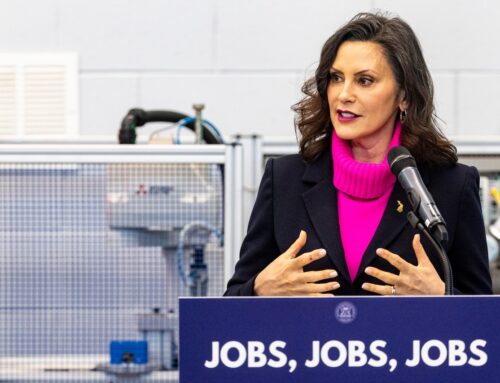Business environment risk: Five upgrades and eight downgrades
July 8, 2025
In the framework of its regular review of the business environment risk, Credendo has upgraded five countries and downgraded eight countries.
Business environment risk
- Indonesia: downgrade from C/G to D/G
Indonesia’s economic activity has been slowing on the back of less supportive consumer demand and a deteriorating external environment. The volatile US trade policy and weakening Chinese demand are expected to affect Indonesia’s economy. Though bilateral trade negotiations could eventually contribute to reduce them, the country is threatened by high US tariffs of 32% due to its large trade of goods surplus with the US. About 9% of Indonesia’s exports go to the US, which is why the tariffs will weigh on the economic outlook. Moreover, worsened global financial conditions, investors’ concerns about governance and policy continuity under new President Prabowo (reflected in a marked decline on Indonesia’s stock market) and the expected widening current account deficit (from 0.6% to 1.5% of GDP this year) have led to foreign capital outflows, which are strengthening currency pressures. As a result, the rupiah has lost value against non-US hard currencies and about 4% against a weakened US dollar since the start of the US trade war on 2 April. In this deteriorated context, Credendo has downgraded Indonesia’s rating to D/G.
- Ghana: upgrade from F/G to E/G
In December 2022, Ghana defaulted following years of fiscal slippages and severe adverse external shocks. After a domestic restructuring deal was struck late 2023 and external official bilateral creditors found an agreement under the G20 Common Framework in June 2024, the country’s economic and financial situation started to improve. Also, the delivery of policy reforms has increasingly supported Ghana’s economic recovery. GDP growth is estimated to reach 4% this year and 5% in the years ahead, driven by the mining sector, offshore oil production and some major infrastructure projects. Inflation is gradually declining from its peak at 54% in 2022, down to 18.4% in May 2025 and anticipated at 12% by the end of this year. Moreover, credit availability improved, the current account moved into a small surplus again and the cedi recovered after three consecutive years of depreciation against the US dollar. As a result, Ghana’s business environment risk classification was upgraded to E/G. Nevertheless, finding a debt restructuring deal with commercial creditors remains challenging, and fiscal pressure is high with limited borrowing room and austerity requirements.
- Kenya: upgrade from E/G to D/G
After a sharp depreciation of the Kenyan shilling against the US dollar in 2023, the currency appreciated swiftly after the Kenyan government successfully issued a Eurobond in February 2024. Over the last year, the shilling has remained remarkably stable. GDP growth is projected to remain robust, reaching 4.8% for 2025, and inflation is currently at around 3.8% – a significant decline from the levels of early 2023, when it exceeded 9%. When it comes to the domestic political situation, there are currently protests ongoing in response to economic hardship, high taxation and allegations of government corruption. Despite these protests, Credendo was able to upgrade Kenya’s business environment risk classification from E/G to D/G thanks to the combination of exchange rate stability, lower inflation and robust growth.
Search
RECENT PRESS RELEASES
Related Post




